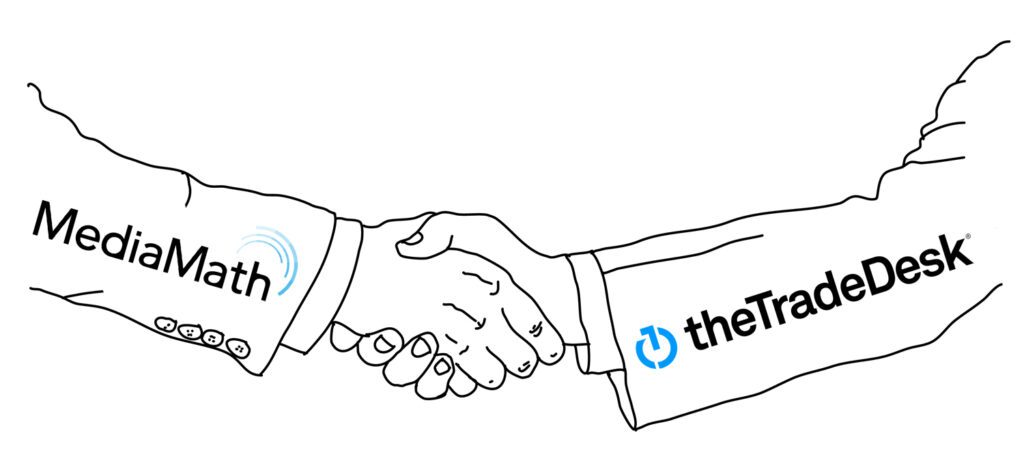Add MediaMath to the list of Unified ID 2.0 partners.
On Tuesday, MediaMath announced its integration with UID2, which is an open-source industry initiative, spearheaded by The Trade Desk, that aims to replace third-party cookies with hashed and encrypted email-based IDs.
It makes sense for MediaMath to sign up, even though The Trade Desk is a direct competitor, said Sylvain Le Borgne, MediaMath’s chief partnership officer and head of data and analytics.
If customers want to use an identity solution, whatever it is, to meet their campaign goals, they should be able to do that, he said. MediaMath also supports other identity solutions on the market, including LiveRamp, ID5, Lotame, Parrable and LiveIntent.
MediaMath is planning to use the UID 2.0 API so its clients can upload lists of hashed emails from their CRM systems, which MediaMath will be able to match with UID2 IDs and make available for targeting in its own platform.
The integration with UID2 allows MediaMath to act on bid requests that contain UID2 IDs and later be able to tie them back to onboarded UID2 identifiers.
Advertisers will then be able to target first-party audiences that are based on UID2 IDs, Le Borgne said. This new identity signal should help bring some level of addressability to browsers, such as Safari and Firefox, that currently don’t allow third-party cookies by default, as well as Chrome whenever Google finally pulls the plug on third-party cookies in its browser.
But despite the many partnerships The Trade Desk has struck over the past few years with ad tech companies and publishers to support Unified ID 2.0, there’s a question as to whether the initiative can achieve scale.
“We know that scale based on authenticated identifiers will be limited,” Le Borgne said.
Although the Unified ID identifier has been deployed on more than 14,000 websites, its absorption rate is only 37%, according to data from web crawler Sincera.
Absorption rate is a calculation of how often supply-side platforms actually include an identifier in outbound bid requests. Even when a publisher deploys an ID (as in, the code is on the page), that doesn’t mean the ID is getting ingested into the bidstream.
AdExchanger Daily
Get our editors’ roundup delivered to your inbox every weekday.
Daily Roundup
In addition to the scale challenge, Google has also said it won’t allow alternate identifiers to be used in its ad products once third-party cookies are phased out in Chrome, such as its SSP Google Ad Manager.
Email-based IDs face an uphill battle.
But, fact is, Le Borgne said, the future of identity “is unlikely to be as simple as a one-size-fits-all direct replacement of the cookie.”
Advertisers and publishers will need a combination of authenticated and unauthenticated solutions, he said, and “we expect to see a variety of ID solutions [using] different data sources succeed.”













